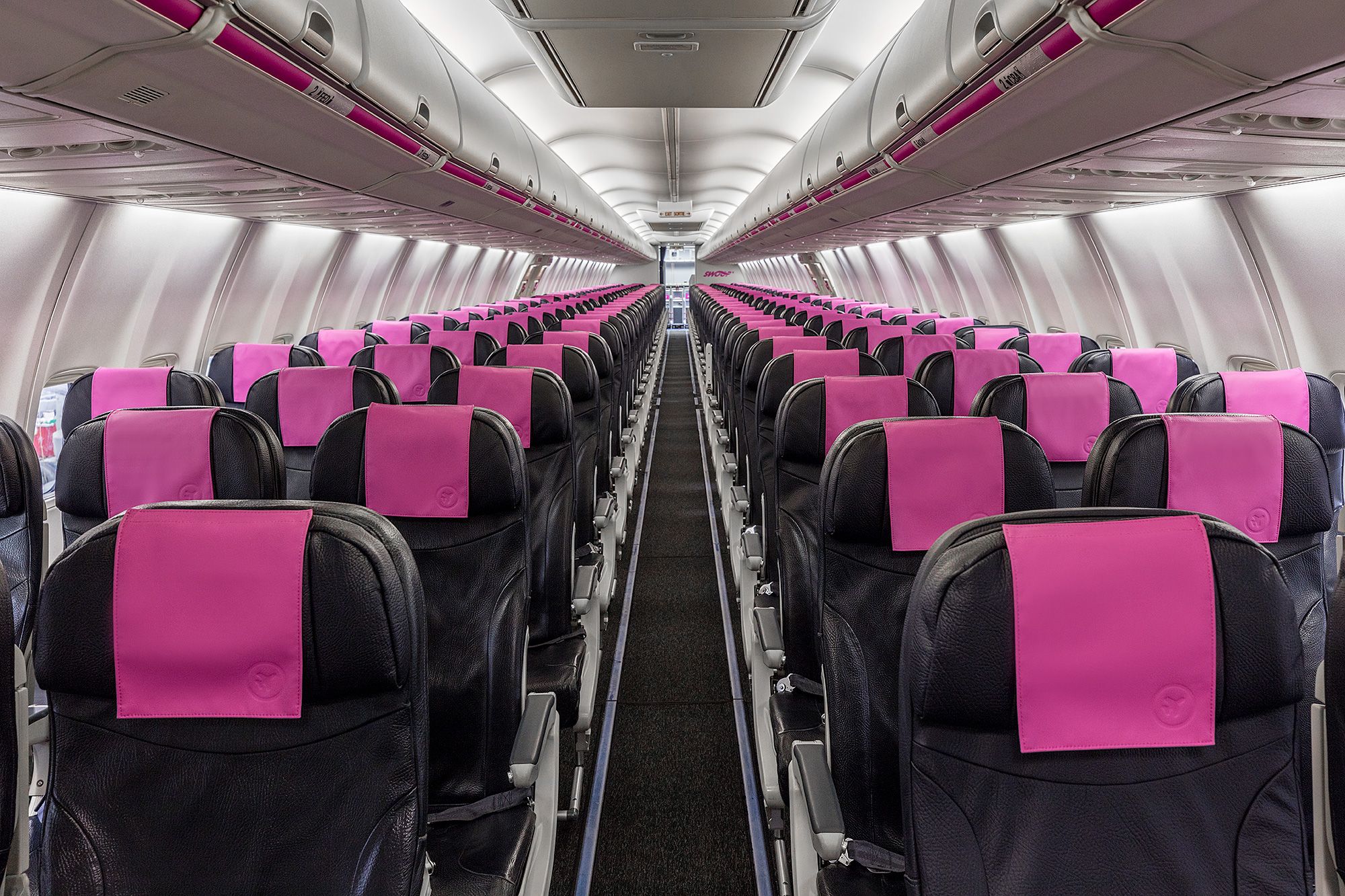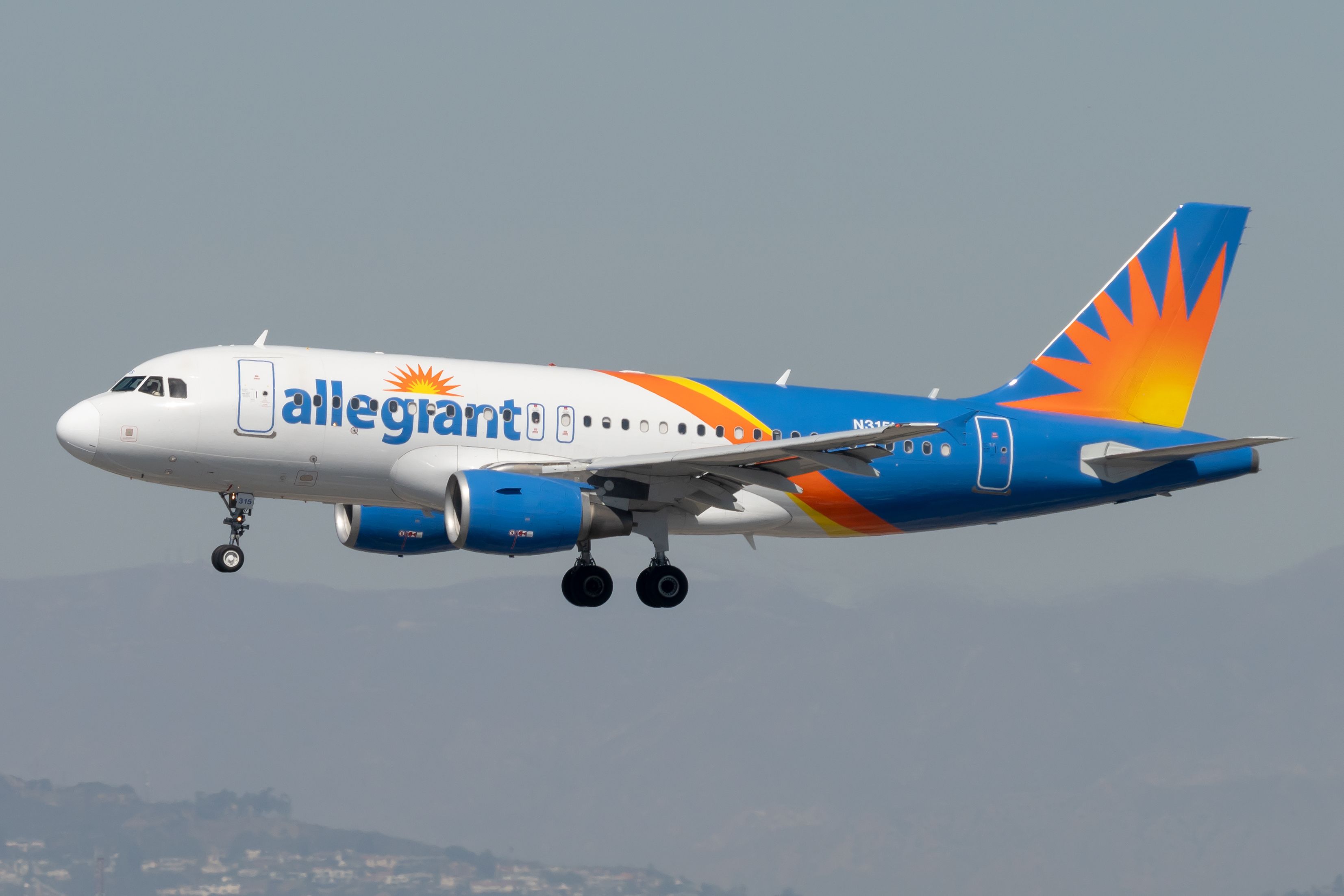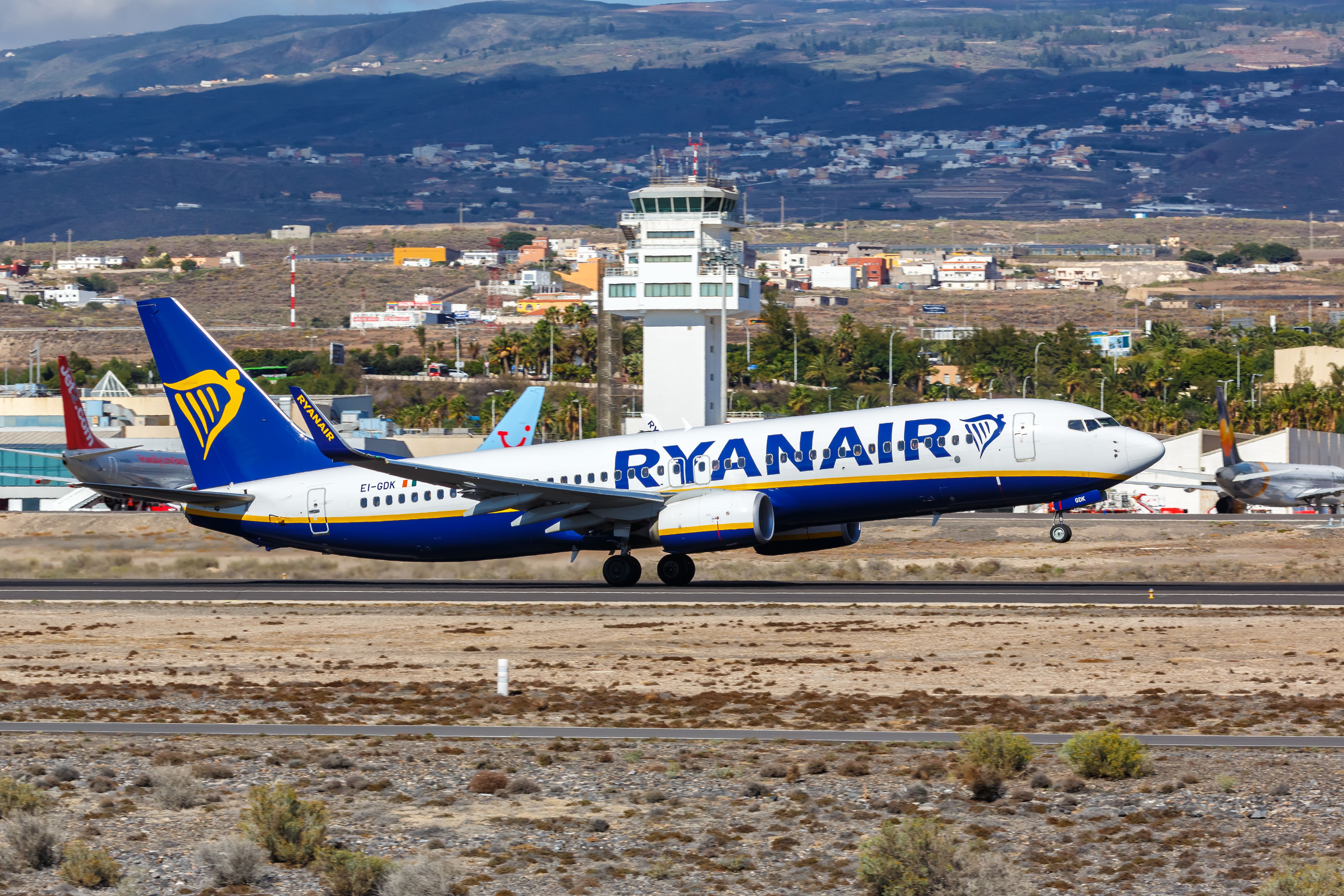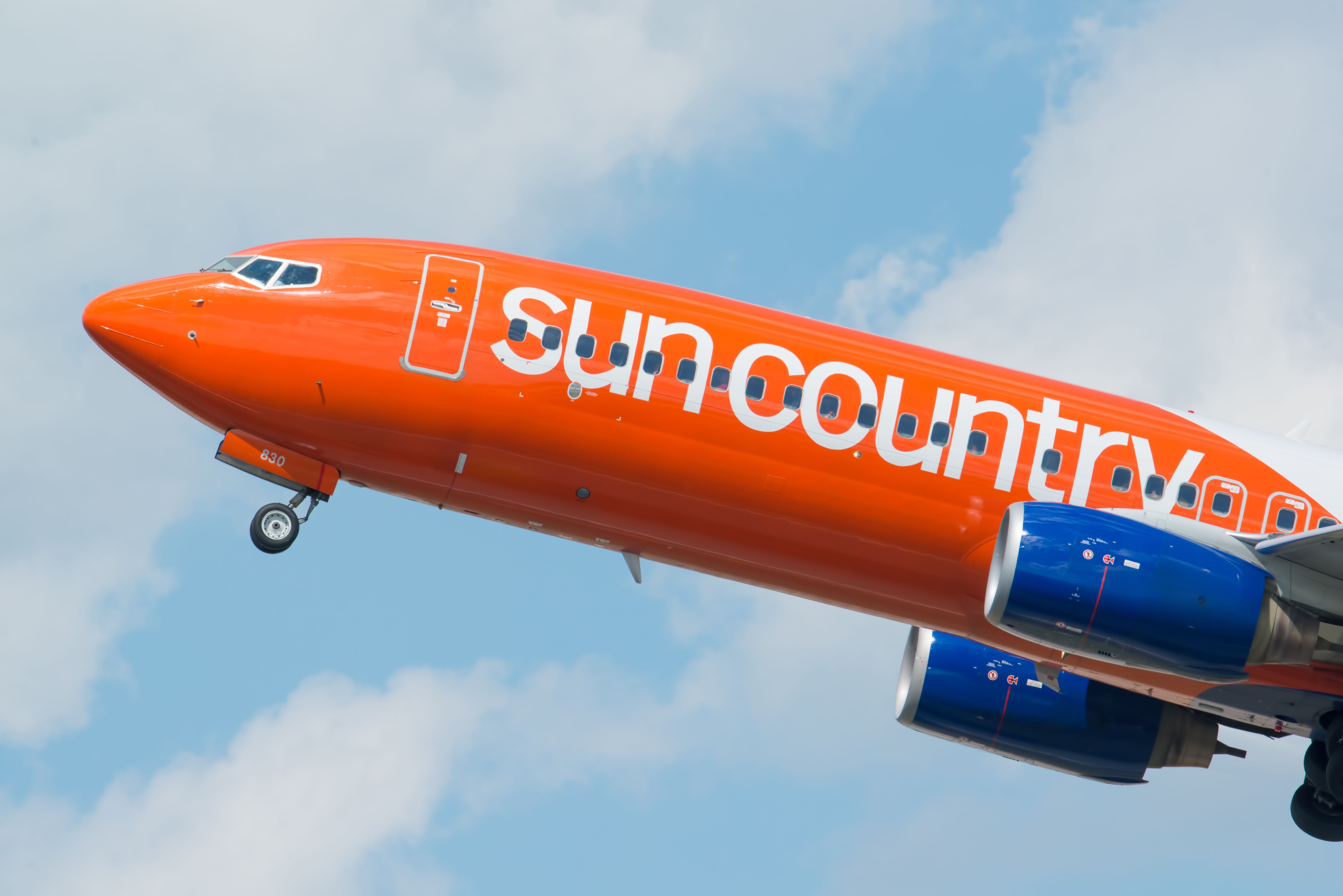There are low-cost carriers, and there are ultra-low-cost carriers (ULCCs). These terms are not synonymous, and each category has its distinctions. These low-budget airlines sometimes get a bad rap because of well-publicized stories where passengers claim they are treated like second-class citizens.
While the experience is undoubtedly no-frills, there are some benefits to flying in the low-cost world. We take a look at some of the more common ULCCs and their successful business models, giving their legacy carrier counterparts a run for their aeronautical money.
Defining ultra-low-cost carriers
An ultra-low-cost carrier is an airline that operates with a low-cost business model, with marketing focusing on offering its customers airfare at much lower costs than competing legacy carriers. These airlines offered unbundled fares, which do not include seat assignments, check-in or carry-on baggage fees, or in-flight meals. Each of these services incurs an additional cost, allowing passengers to determine which options they are willing to pay for.
This bare-bones approach is one differing factor from ULCCs and low-cost airlines. While low-cost airlines are not focused on passenger perks, ultra-low-cost carriers have minimal inclusions in the fare and a more significant number of add-on fees.
The following sampling of ULCCS shows some of the most successful airlines in this category. As you’ll notice, many are in The United States, partly because domestic flights there are shorter, have fewer frills, and therefore are cheaper to operate.
Allegiant
Las Vegas-based Allegiant is the 9th largest commercial airline in the United States. It only flies domestic routes within the United States and primarily focuses on tourism-heavy destinations.
With its headquarters at Denver International Airport, Frontier Airlines’ service has branched out to new domestic and international locations. It has moved into competitive markets (like Miami), traditionally serving as legacy-dominated hubs. The airline was founded 25 years ago, in 1994.
Frontier Airlines
With its headquarters at Denver International Airport, Frontier Airlines’ service has branched out to new domestic and international locations. It has moved into competitive markets (like Miami), traditionally serving as legacy-dominated hubs. The airline was founded 25 years ago, in 1994.
Ryanair
When it comes to European ULCCs, Ryanair usually is one of the first to come to mind. This Irish airline is the continent’s largest carrier. Its business model is based on low fares for short to medium-haul routes, and everything over and above the seat on the plane is chargeable. Like Southwest Airlines, Ryanair operates a fleet of all Boeing 737s, which keeps its maintenance and operational costs lower than a mixed-aircraft fleet.
Spirit Airlines
Spirit is the seventh-largest commercial airline in the United States and will become much larger if its proposed merger with JetBlue occurs. This airline was founded in 1983, and its route structure serves the United States, Latin America, Mexico, South America, and the Caribbean.
Sun Country Airlines
Like Allegiant, Sun Country targets the tourism market. However, unlike Allegiant, its main hub at Minneapolis-Saint Paul Airport allows this airline to serve a variety of domestic and medium-haul international destinations such as Dallas Fort Worth, Las Vegas, Mexico, Jamaica, Costa Rica, Aruba, and Belize.
Swoop
This relatively new airline was founded in 2017 and is owned by low-cost carrier Canadian WestJet. With hubs at Hamilton Airport and Edmonton Airport, the carrier flies to over 15 destinations domestically in Canada, but also to North America and the Caribbean.
The pros and cons of flying an ULCC
These are just a sampling of some of the most prominent ULCC. Passengers who have never flown on such an airline may wonder if this type of flying is for them. It all depends on several factors. If assigned seating and no carry-on fees are your preference, then these airlines are not a good choice. These will charge you for nearly everything except the guarantee that you will sit somewhere on an aircraft flying from A to B. If that's your goal, ULCCs are the travel option worth exploring.




